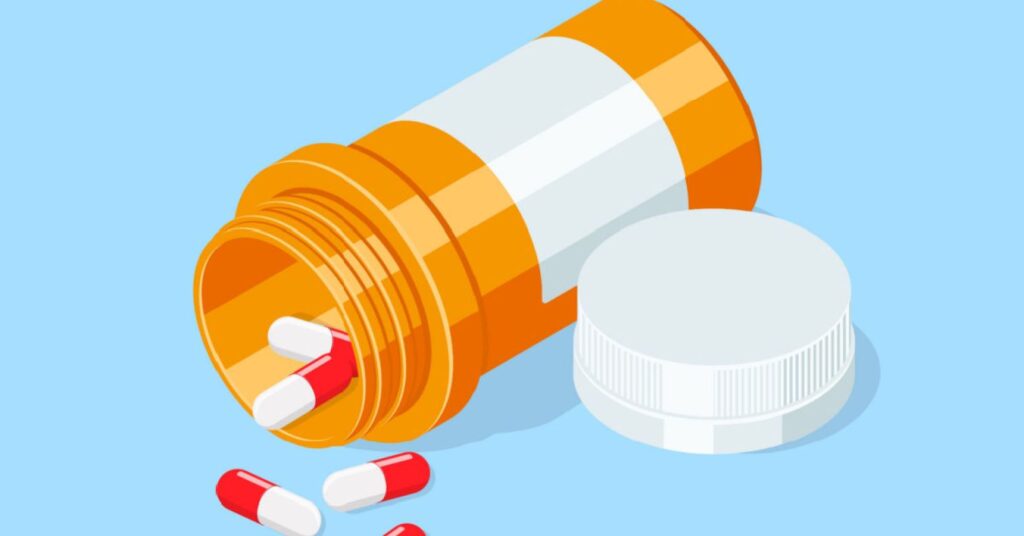
Common Drugs That Can Increase Thirst
Our bodies use thirst as a signal that they need water. Our blood volume reduces when our bodies are dehydrated, which in turn results in a reduction in blood pressure. The brain can detect when this occurs, and in reaction, it releases a number of signals that urge you to consume more fluids and save body fluids. According to research, our brain releases the hormone dopamine, which is regarded as a reward signal, which may explain why drinking itself seems to be so pleasurable (source: Harvard University).
Visit Health Digest for more information at https://1406592/medications-increase-thirst/.
Up to 78% of the human body is made up of water, highlighting the significance of this substance in the human body. Dehydration is the main result of not getting enough fluid in the body. This may occur if you don’t drink enough fluids or if you lose more fluids than you take in. Fatigue, headache, dizziness, dry skin, cramping in the muscles, a quick heartbeat, rapid breathing, and dark urine are some of the signs and symptoms that can range from minor to life-threatening. According to the Cleveland Clinic, if dehydration is not treated, it can lead to heat strokes, kidney stones, kidney failure, shock, loss of consciousness, or even death.
Sweating, throwing up, diarrhoea, and some medications are a few of the common factors that contribute to dehydration. Your body begins to want fluids and salt when you become dehydrated.
Diuretics, also known as “water pills,” are a class of drug that actually flushes out the body’s excess salt and water. These are typically given to patients whose bodies are already overly hydrated, but dehydration can still happen when the amount of fluid lost is much larger than the amount of fluid consumed. According to WebMD, doctors frequently prescribe diuretics to patients with edoema (swelling that typically affects the legs), heart failure, high blood pressure, renal, liver, and glaucoma.
Visit Health Digest for more information at https://1406592/medications-increase-thirst/.
Hydrochlorothiazide, chlorthalidone, and loop diuretics (such as furosemide, bumetanide) as well as potassium-sparing diuretics (such as spironolactone, amiloride) are a few examples of diuretics. They affect various kidney functions, but the final consequence is the same: the body excretes more salt and water. Due to this, the potential negative effects of these drugs (such as weariness, cramps in the muscles, and dizziness) are quite comparable to those of dehydration. According to the Texas Heart Institute, some individuals may also have an adverse reaction to the medicine, as well as have reduced libido and irregular heartbeats.
It is crucial to inform your doctor if you have any negative effects from diuretics. They may either reduce your dose or increase it based on how you respond to the medication.




